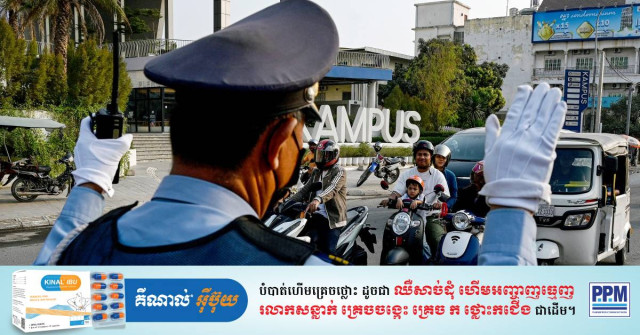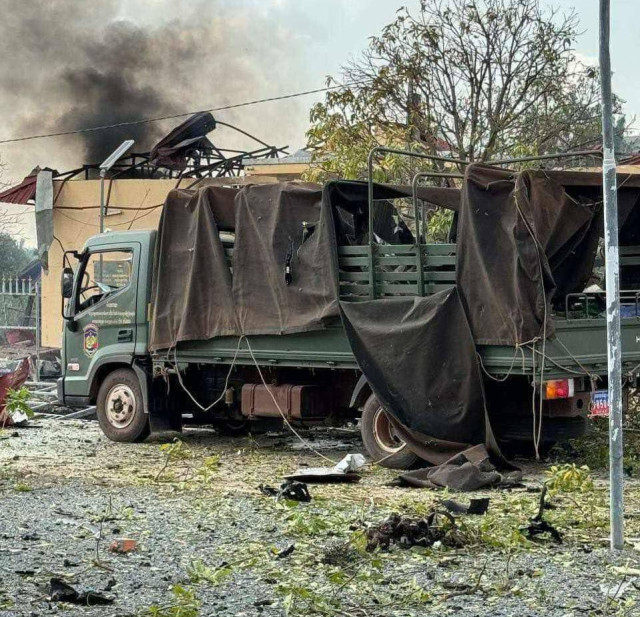Learning from Global and Regional Leaders: A Call for Traffic Accident Prevention in Cambodia

- By Vichana Sar
- March 6, 2024 5:30 PM
Cambodia is currently facing significant challenges related to traffic safety, and it is at a crucial point where it needs to address these challenges. Several countries such as Sweden, Finland, the Netherlands, Singapore, and Vietnam have successfully tackled similar issues by implementing comprehensive strategies. Cambodia can learn from their experiences and draw inspiration from them to develop effective traffic safety measures.
Sweden's Vision Zero is based on the principle that no loss of life or serious injury on roads is acceptable. It emphasises a holistic approach to road safety by focusing on safe road design, vehicle safety, and user behavior.
Finland has made significant investments in traffic education and strict enforcement of traffic laws, which have contributed to safer roads. They have implemented public awareness campaigns and driver education programs as part of their strategy. Cambodia could benefit from following this approach by enhancing public awareness, investing in driver education, and rigorously enforcing traffic laws.
In the Netherlands, the focus is on sustainable urban planning, with an emphasis on promoting cycling, walking, and public transportation. This reduces the dependency on private vehicles and enhances overall road safety. Encouraging alternative modes of transportation and well-planned urban development can help Cambodia reduce traffic congestion and improve safety.
In Southeast Asia, countries with advanced economies like Singapore have implemented technology to tackle traffic-related issues. They use advanced technology for traffic management and enforcement, which includes automated systems such as traffic cameras and electronic road pricing. This helps in better control and monitoring of traffic, leading to enhanced overall safety and efficiency. Cambodia can explore the integration of similar technology for traffic management and enforcement to improve road safety and traffic efficiency.
Cambodia’s neighboring country, Vietnam, similarly prioritizes close engagement with communities to enhance the efficacy of road safety measures. Vietnam emphasises implementing road safety initiatives that underscore the significance of community participation and awareness to mitigate accidents. In this vein, Cambodia can draw lessons from Vietnam by actively involving local communities in road safety measures and fostering awareness campaigns. Effectively addressing road safety necessitates behavioral shifts and grassroots support, both of which can be cultivated through community engagement initiatives.
Overall, Cambodia can benefit from a multi-faceted approach that combines elements of these successful strategies. This may include adopting a Vision Zero philosophy, investing in education and enforcement, promoting sustainable urban planning, leveraging technology for traffic management, and engaging communities in road safety initiatives. Tailoring these approaches to Cambodia's specific context and challenges will be key to success.
Vichana Sar is a researcher at the Royal Academy of Cambodia. He holds a Master's degree in Public Management from the KDI School of Public Policy and Management and a Master's degree in Education from the Royal University of Phnom Penh.















